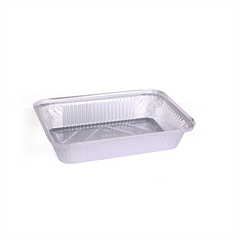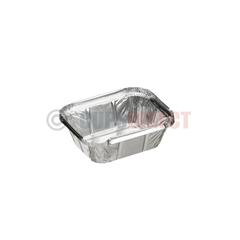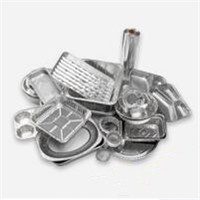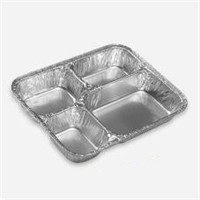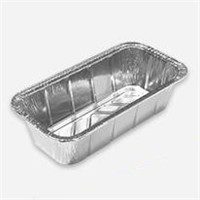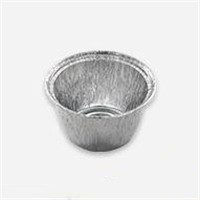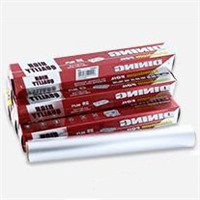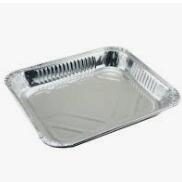Aluminum containers are considered sustainable for several reasons:
- Recyclability: Aluminum is one of the most recycled materials in the world. It can be recycled indefinitely without losing its properties or quality. Recycling aluminum containers reduces the need for primary aluminum production, which requires significant energy and resources. Recycling also helps to reduce waste and lower the environmental impact associated with landfilling or incinerating used containers.
- Energy Efficiency: Aluminum recycling requires significantly less energy compared to primary aluminum production. Recycling aluminum consumes only about 5% of the energy needed to produce new aluminum from raw materials. This energy savings translates into reduced greenhouse gas emissions and lower carbon footprints.
- Resource Conservation: Recycling aluminum containers helps conserve natural resources. Aluminum is extracted from bauxite ore, and mining for bauxite can have significant environmental impacts, including deforestation, habitat destruction, and soil erosion. By recycling aluminum, the demand for virgin bauxite is reduced, thereby mitigating these environmental concerns.
- Circular Economy: Aluminum containers are part of a circular economy model. When aluminum containers are recycled, they can be transformed into new containers repeatedly without loss of quality. This closed-loop recycling process contributes to a more sustainable and efficient use of resources, minimizing the need for extracting, refining, and processing new raw materials.
- Reduced Emissions: The production of primary aluminum from raw materials is associated with substantial greenhouse gas emissions, including carbon dioxide (CO2) and perfluorocarbons (PFCs). Recycling aluminum significantly reduces these emissions since the recycling process requires less energy and avoids the carbon-intensive steps involved in primary production.
- Landfill Diversion: Aluminum containers are lightweight and easily recyclable, making them less likely to end up in landfills. By recycling aluminum containers, valuable landfill space is preserved, and the environmental impacts associated with waste disposal are minimized.
- Extended Life Cycle: Aluminum containers have a long lifespan and can be recycled repeatedly. They can go through multiple life cycles, reducing the need for new container production. This extended life cycle contributes to the overall sustainability of aluminum containers.
Overall, the recyclability, energy efficiency, resource conservation, circular economy benefits, reduced emissions, landfill diversion, and extended life cycle of aluminum containers make them a sustainable packaging option compared to other materials. However, it’s important to note that the sustainability of aluminum containers also depends on proper recycling infrastructure, consumer recycling habits, and the overall management of the recycling process.
